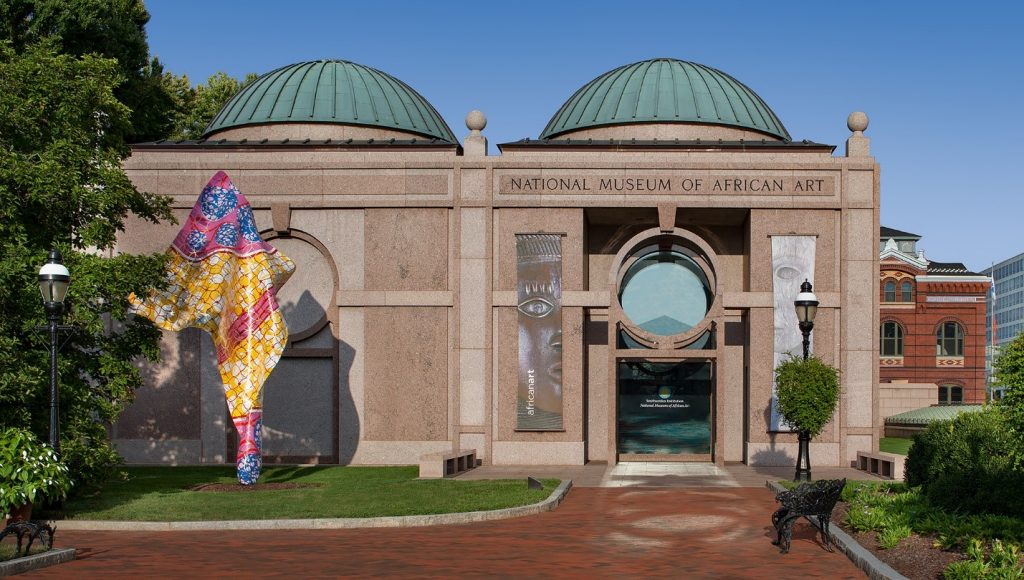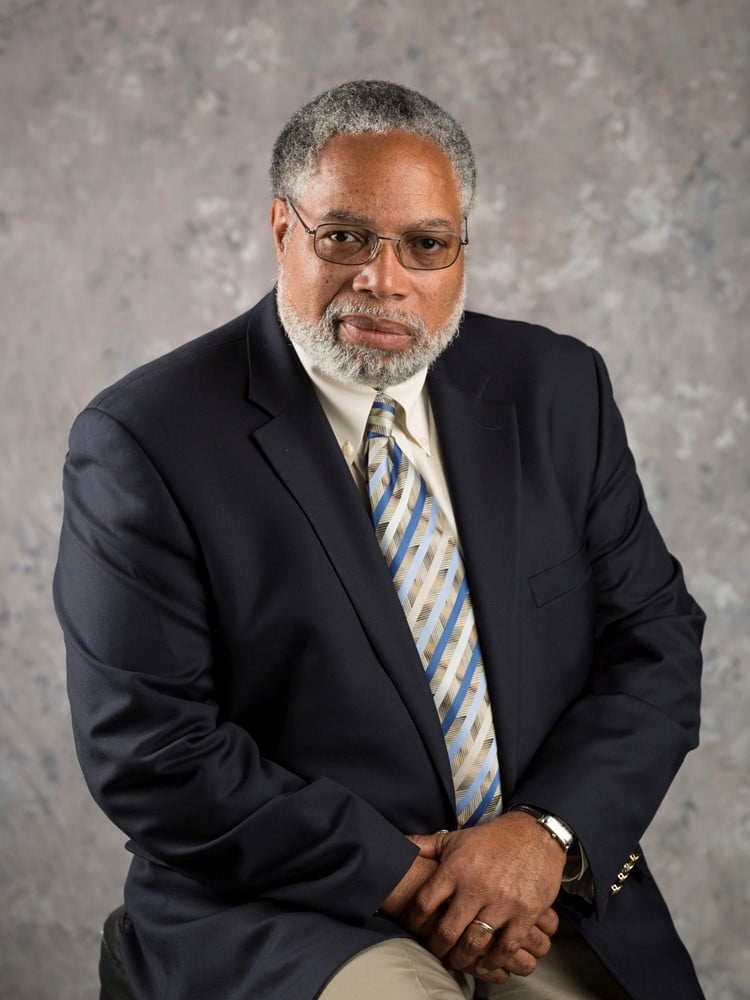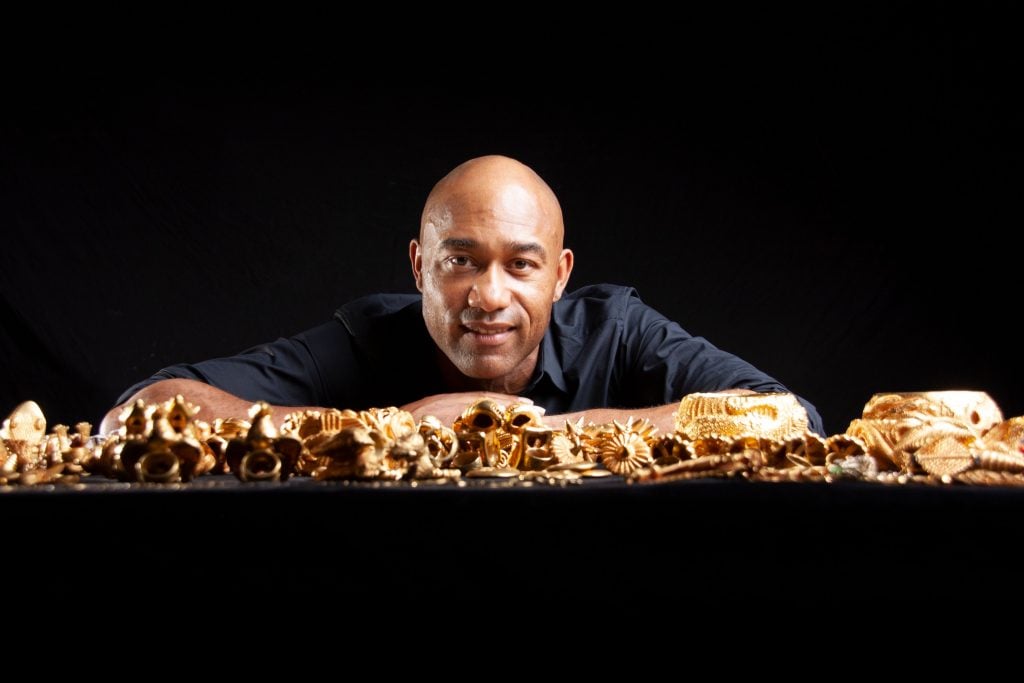Art World
Former Staffers and Board Members Accuse the Smithsonian’s National Museum of African Art of Perpetuating ‘Culture of Racism’
Lonnie G. Bunch III, the head of the Smithsonian, has promised to investigate the complaints.

Lonnie G. Bunch III, the head of the Smithsonian, has promised to investigate the complaints.

Sarah Cascone

The Smithsonian Institution’s National Museum of African Art in Washington, D.C., has come under fire from former staff who allege that the institution is plagued by a longstanding “culture of racism.”
Addressed to Smithsonian secretary Lonnie G. Bunch III, the letter, described the museum’s “toxic” environment, where “former and current Black employees have reported or experienced incidents of racial bias, hostile verbal attacks, retaliation, terminations, micro-aggressions, and degrading comments,” reports the Huff Post. It was signed by 10 former museum staffers and board members.
“What I will do is evaluate this, look into this, put my own fingerprints on it, understand exactly what’s gone on and try to get to the bottom of it,” Bunch told the New York Times. “There is no room for racism at the Smithsonian. Too many times, I was the only Black person in the room and I want to make sure that doesn’t happen anymore.”
Bunch, the first African American to lead the Smithsonian, was appointed to the post last spring after serving as the founding director of the Smithsonian’s National Museum of African American History and Culture, also in Washington, D.C.

Lonnie Bunch, the secretary of the Smithsonian Institution. Photo by Michael Barnes, courtesy of the Smithsonian Institution Archives.
The letter calls for the resignation of the museum’s chief curator and deputy director, Christine Mullen Kreamer, who stands accused of racism and mismanagement, including favoring white candidates during the hiring and promoting process and “consistent bullying” of Black employees who questioned her actions.
Kreamer has been with the museum since 2000, and in her current role since 2009.
A representative from the Smithsonian provided the following statement to Artnet News:
At the National Museum of African Art, we are committed to increasing diversity across the museum and all disciplines; equally essential, we are cognizant of the need to recruit, employ and empower more curators and artists that represent diverse fields and backgrounds. While our collections and exhibits represent a rich diversity of thought, artists and scholarship, we recognize that we must continue to increase diversity within the museum, and drive inclusive behavior among all Smithsonian staff.
As a federal entity, we have established policies and processes in place to review employee complaints, and other human resources matters. Museum supervisors receive training and must abide by government wide federal regulations. At the Smithsonian, not only do we adhere to these rules—fairness and equity are core to our culture, mission and who we are as a leader in the museum field.
Among other complaints listed in the letter was the alleged lack of Black employees among the all-white curatorial staff, and efforts to promote white employees into vacant positions despite policies mandating a competitive application process. Two high-level Black employees were also said to have been terminated without cause.
The letter also criticized the leadership of former director Gus Casely-Hayford, who held the job from 2018 to 2020. “Unfortunately these incidents and concerns about systemic racism only grew during Gus’ tenure. He did nothing to address them,” one of the letters’ anonymous signatories told HuffPost.

Gus Casely-Hayford, former head of the Smithsonian Institution’s National Museum of African Art in Washington, D.C. Photo courtesy of the Victoria & Albert Museum, London.
Now the head of the Victoria & Albert Museum’s new outpost in east London, Casely-Hayford, who is Black, recently published an op-ed in the Art Newspaper decrying inequality in the arts sector and the difficulties that Black people face in pursing career advancement in the arts in the UK.
Casely-Hayford declined to comment to Artnet News.
Since April, the museum has been led by interim director Deborah L. Mack, who had been the associate director for strategic partnerships at the Museum of African American History. Bunch told the Times that he appointed Mack in part due to complaints about the museum’s work environment, which had already been brought to his attention.